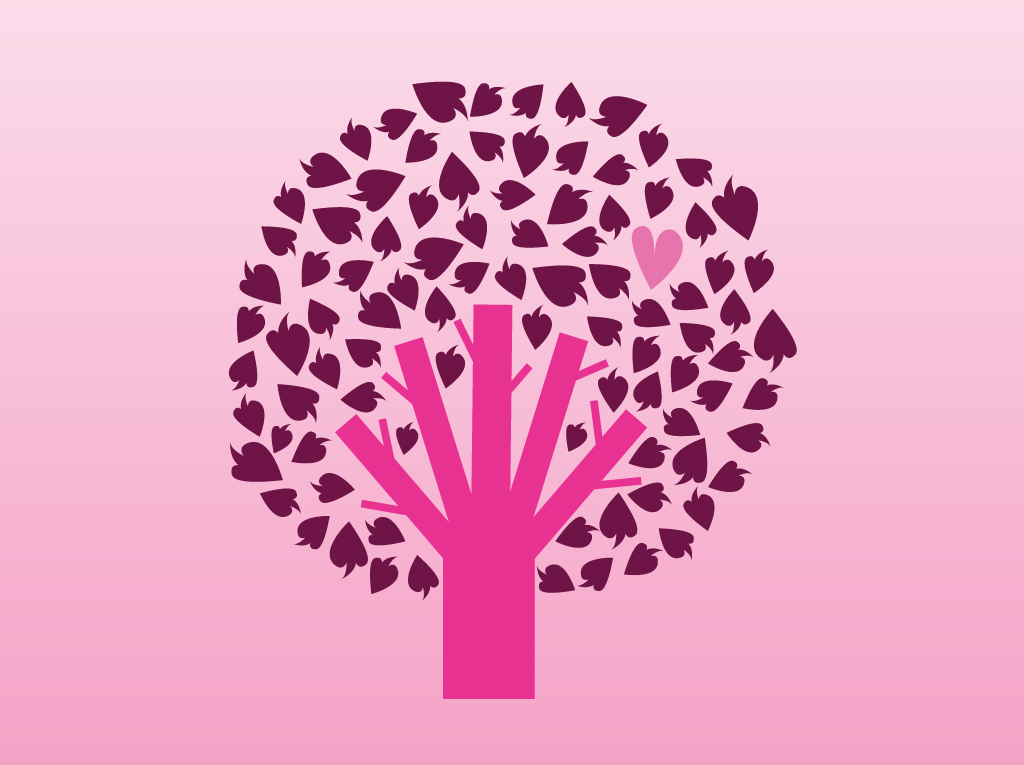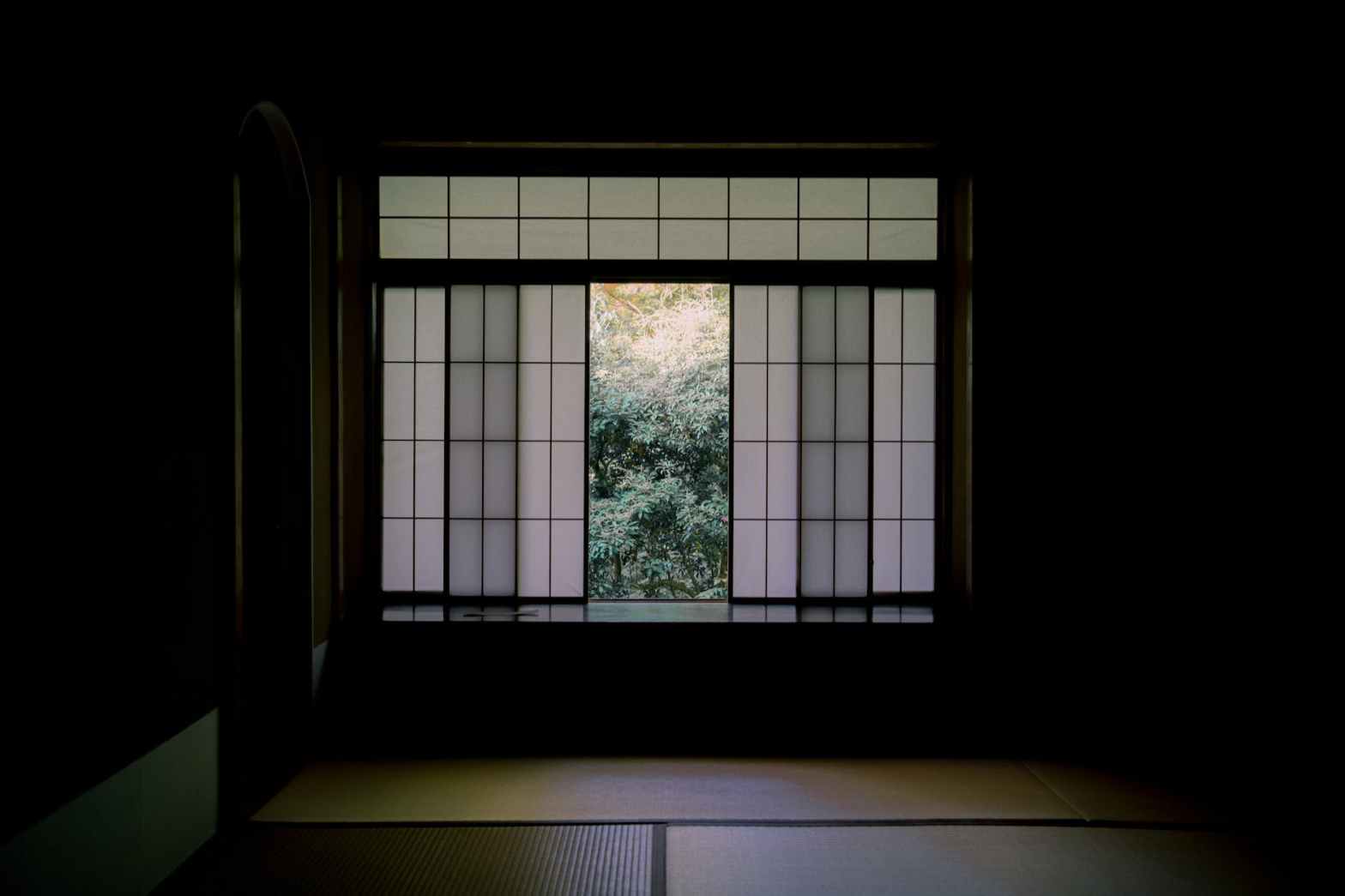Intuition has always been a fascinating subject of study. It is generally associated with genius, because the greatest scientific discoveries happened thanks to moments of intuition.
Einstein wrote:
Intuition is a sacred gift of which reason is a faithful servant. We have created a society that honours the servant and forgets the gift.
In addition, we all know that it is thanks to our intuition that we make some of the decisions of our lives, even if we consider ourselves rational and Cartesian beings.
From the point of view of the Eastern religions (Buddhism, Hinduism, Taoism) there is no mystery. In the traditional languages of these millennial wisdoms, the terms designating knowledge, consciousness, lucidity are often identical.
Attachment to mental constructions, beliefs, and concepts, as well as the mental agitation that accompanies it, are seen by them as a veil over primordial intelligence. Buddhists explain it like that:
if we do not stir water, it will become clear by itself. In the same way, if we leave unchanged the nature of the spirit, and we do not manipulate it, it will find peace and clarity on its own.
But let’s go back to the West and see that to make a decision we will evaluate three elements:
- rational analysis,
- emotional aspect,
- intuitive wisdom.
However, if we practise meditation, thoughts and emotions would calm down, and intuition would manifest. In fact, there are several testimonies from practitioners who tell that the most creative ideas came at the end of their meditation.
In a linear, predictable, and orderly environment, a rational analysis is often more effective for deciding and planning an action.
On the contrary, in a volatile, unpredictable, or chaotic environment, when the human element predominates, intuitive intelligence becomes useful.
Therefore, meditation is more and more used in our times, as we live in an ever-increasing insecurity and instability.
How intuition works
Intuition draws on three main resources.
- Like a tree, the first source is the ramification of its roots. It is the entirety of information, of experiences lived in the past and stored in the unconscious.
- The second source is comparable to the leaves of a tree. These are the strong or weak signals, picked up in the present instant. All these signals are undefined and cannot be evaluated by rational analysis.
- The third source is collective intelligence. In fact, our personal intuition can go beyond temporal and spatial limitations. Intuitive intelligence can tap into a nearly unlimited source, outside the limits of time, space, and the individual. All this is normal according to Buddhist philosophy where, for example, the individual, time, and space are conceptual categories created by the mind.

How do you synthesize these sources of information?
Cognitive science researchers have tried to answer.
Just before an intuition, there is a “letting go” moment, a descent within us. Then, suddenly, the presence increases, there is a kind of awakening, a feeling of unity and inner agreement. There is also a feeling of evidence, of surprise, of amazement and wonder.
These are the elements that we also find in a meditative experience: letting go, increased presence, awakening, unity.
It is necessary to emphasize the essential place occupied by the body in intuitive intelligence.
How many times have you made rational or emotional decisions while your body opposed it? Did you regret this decision a few days, months or years later? It happened to me several times in my life. I should have listened to the signals that my body sent me and taken them into account when making my decision.
In this regard, body scan meditation can help to develop this sixth sense of intuition. We shall also consider that if we constantly ignore the body’s messages, we might experience illness, pain, or disorder. Which is what happened to me.
Intuition, beyond the help it provides us in making decisions, is our deep inner voice, our wisdom, our most precious guide. It is important to learn to listen to it and to look after it.
To conclude if you hesitate to follow your intuition, try asking yourself these two questions, which will help you clarify what is at stake:
- What do I risk following my intuition?
- What do I not risk following my intuition?
What do you think about intuition? Do you agree with me that it is powerful?
This article has been previously published on Wise&Shine magazine.

